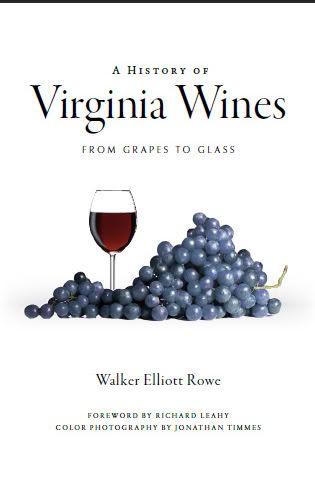Muriel Barbery's "The Elegance of the Hedgehog" is a novel about the aesthetic beauty of leading an intellectual life. Only someone who reads alot can understand this. The two principal characters in the novel lead their lives as cloistered aesthetes and mock those who do not.
I found this book at Borders where I circled around it for weeks contemplating whether to purchase it and reading part of it for free between visits to the coffee shop. The novel was piled high in a stack, so I assumed this must be just another one of those shallow, ephemeral, pulp fiction best-sellers. But quite the contrary this book is a not all all shallow nor ephemeral and is a critique of that to which those labels can be applied.
This book, translated from the French, is structured as a back and forth discussion between the two principal characters. One is the concierge in a highbrow Paris apartment and the other a 12 year old girl. The two characters are not talking to directly each other but to the reader. So one wonders if they will ever meet.
Renee, the concierge, is an autodidact who wants to keep her erudition hidden from the people who live in the apartment building. She characterizes herself as ugly and say people barely tolerate her. She plays the television loud so that people passing by her door will think she is inside watching television while actually she would be watching a foreign film or reading "Death inVenice" or "Remembrance of Things Past". Renee is such a fan of the arts that has named her cat after Leo Tolstoy.
Paloma is a 12 year old girl who calls herself "super smart" but is anguished by the philistines who surround her. She chastises her grammar teacher as being a pedantic boor and criticizes her mother and sister because they are so shallow. Being a nihilist she has vowed to check out from this world by committing suicide and setting fire to the 4,000 square foot apartment in which she lives. (Being human and a young girl she vows to do this when no one is home so that no one, except herself of course, is injured.)
I like this book mainly because of philospohical points of view and clever one-liners that Barbery tosses out after several paragraphs of careful reasoning. For example, here are a couple:
From Paloma, "...Only psychoanalysis can compete with Christians in their love of drawn out suffering."
From Renee, "Civilization is the mastery of violence, the triumph, constantly challenged, over the aggressive nature of the primate".
From Paloma, "...grammar is a way to attain beauty....when you are applying the rules of grammar skillfully, you ascend to another level of the beauty of language."
From Renee, "To be poor, ugly and, moreover, intelligent condemns one, to a dark and disillusioned life....Intelligence no longer seems an adequate compensation for things..."
From Renee, "...nothing is more despicable than a rich man's scorn for a poor man's longing."
If is obvious that Muriel Barbery is a deep thinker. Her message is that only the brooding and miserable intellectuals among us can appreciate the beauty of the arts. Those of us who live their lives with their books will find her words familiar, comfortable, and, yes, exhilarating.







No comments:
Post a Comment